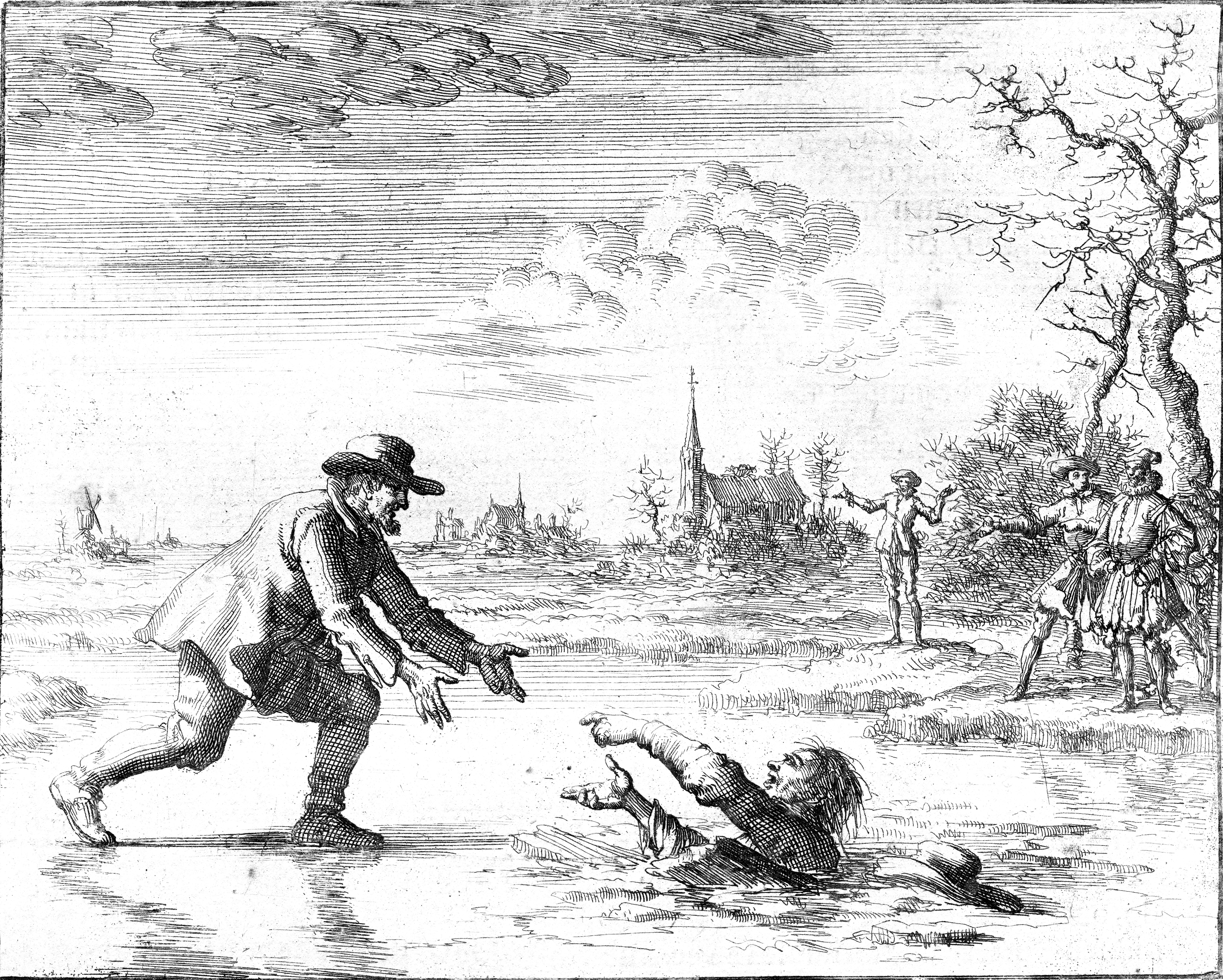When I was working as one of a Bible translation team in a former Soviet republic, one of the local team members questioned the use in an Old Testament draft of a word meaning “nation”, referring to Egypt. She told me that she had learned, no doubt in her Soviet era political classes, that the concept of “nation” was a modern one. I asked her what she thought were the characteristics of a “nation”. She mentioned such things as a single ethnic group and language and secure and stable borders. I could truthfully point out to her that ancient Egypt had all of these characteristics for thousands of years (in fact for longer than any modern nation state except possibly Japan). She withdrew her objection.
The first part of the title of this post, “Jesus didn’t mean ‘nation-state'”, comes from a comment by Joel Watts on one of his own posts, and refers to these famous parting words of Jesus:
All authority in heaven and on earth has been given to me. 19 Therefore go and make disciples of all nations, baptizing them in the name of the Father and of the Son and of the Holy Spirit, 20 and teaching them to obey everything I have commanded you. And surely I am with you always, to the very end of the age.
Matthew 28:18-20 (NIV 2011)
 Indeed the “all nations” of which we are called to make disciples are not to be identified with nation-states in the modern sense, or with the currently 193 member states of the United Nations. This is clear when we note that the modern “Westphalian system” in which land areas are divided into nation-states dates back only to the Peace of Westphalia in 1648 – and so after the word “nations” was used in the 1611 King James version (and probably in earlier versions) of Matthew 28:19. In the ancient world there had been some nation-states, even more or less according to modern definitions, such as Egypt and the kingdoms of Israel and Judah, but well before the time of Jesus these had been swallowed up by larger empires. So Jesus certainly didn’t mean “make disciples of all nation-states”.
Indeed the “all nations” of which we are called to make disciples are not to be identified with nation-states in the modern sense, or with the currently 193 member states of the United Nations. This is clear when we note that the modern “Westphalian system” in which land areas are divided into nation-states dates back only to the Peace of Westphalia in 1648 – and so after the word “nations” was used in the 1611 King James version (and probably in earlier versions) of Matthew 28:19. In the ancient world there had been some nation-states, even more or less according to modern definitions, such as Egypt and the kingdoms of Israel and Judah, but well before the time of Jesus these had been swallowed up by larger empires. So Jesus certainly didn’t mean “make disciples of all nation-states”.
But Joel, in the same comment, referred to
the urinating-poor translation of that section of Matthew.
He didn’t specify exactly what his objection is to the translation, nor for that matter which translation he was objecting to. But clearly at least part of his issue is with the word “nations” in verse 19, used in 22 of the 27 English versions at Bible Gateway. He seems to suggest that Bible readers will understand “nations” in this verse as a reference to modern nation-states. Well, perhaps some might. But the Google definition of “nation” does not imply the political organisation or single government characteristic of a modern nation-state:
- A large aggregate of people united by common descent, history, culture, or language, inhabiting a particular country or territory
– leading industrialized nations
- A North American Indian people or confederation of peoples
Joel’s problem with the word “nations” seems to stem from a quote in his post from Peter Wagner:
Formerly, I thought my task was to go to as many nations of the world as possible and save as many souls as possible and plant as many churches as possible. Now I take the Great Commission more literally when it tells us not to make as many individual disciples as we can but to disciple whole social groups—such as entire nations. This is kingdom theology.
Joel’s fellow-blogger RODOFA (aka “Rod of Alexandria”) commented on the latter part of this quote:
See, this is exactly the problem with reading our views of the nation-state into scripture; its just not there.
 But who exactly is “reading our views of the nation-state into scripture”? Certainly not Wagner, who is not at all referring to states or governments, but explicitly to “social groups”. The problem here seems to be that Rod and Joel are reading their views of the nation-state into Wagner’s words, whereas Wagner, a Bible scholar with an M.Div. from Fuller Theological Seminary and a Th.M. from Princeton Theological Seminary, was using the word “nations” in the same sense that Jesus was using it. And he surely knows very well that Jesus didn’t mean ‘nation-state’.
But who exactly is “reading our views of the nation-state into scripture”? Certainly not Wagner, who is not at all referring to states or governments, but explicitly to “social groups”. The problem here seems to be that Rod and Joel are reading their views of the nation-state into Wagner’s words, whereas Wagner, a Bible scholar with an M.Div. from Fuller Theological Seminary and a Th.M. from Princeton Theological Seminary, was using the word “nations” in the same sense that Jesus was using it. And he surely knows very well that Jesus didn’t mean ‘nation-state’.
Joel blames bad translations for Wagner’s supposed misunderstanding of “nations” in the Bible. I blame Joel’s and Rod’s misunderstanding of the English word “nations”, as always meaning “nation-states”, for their misunderstanding of Peter Wagner’s theology, and their culpable misrepresentation of him as a “dominionist” with an interest in taking over governments of nation-states.
In fact, as I made clear in my previous post about him, Wagner has entirely repudiated the idea of the church running any nation-state. Rather, I’m sure he would agree, as I do, with Kay Sharpe’s words in a comment on Joel’s post:
Discipling nations starts with people getting saved, healed, delivered, set free – God lays it out there pretty nicely in Isaiah 58 and 61. In order to disciple someone, one must have their heart. In order to disciple nations, we must gain the heart of the nation. We do that by setting individuals free… who in turn set more individuals free… who in turn… until it becomes neighborhoods and people groups and states and then nations.
 Lance Wallnau sent me a link to an interesting new video (19 minutes) outlining some of his teaching: Increasing Access to Peace and Glory in Every Shaking. (Sadly the “embed” feature doesn’t seem to work in WordPress, but this link does.)
Lance Wallnau sent me a link to an interesting new video (19 minutes) outlining some of his teaching: Increasing Access to Peace and Glory in Every Shaking. (Sadly the “embed” feature doesn’t seem to work in WordPress, but this link does.)












